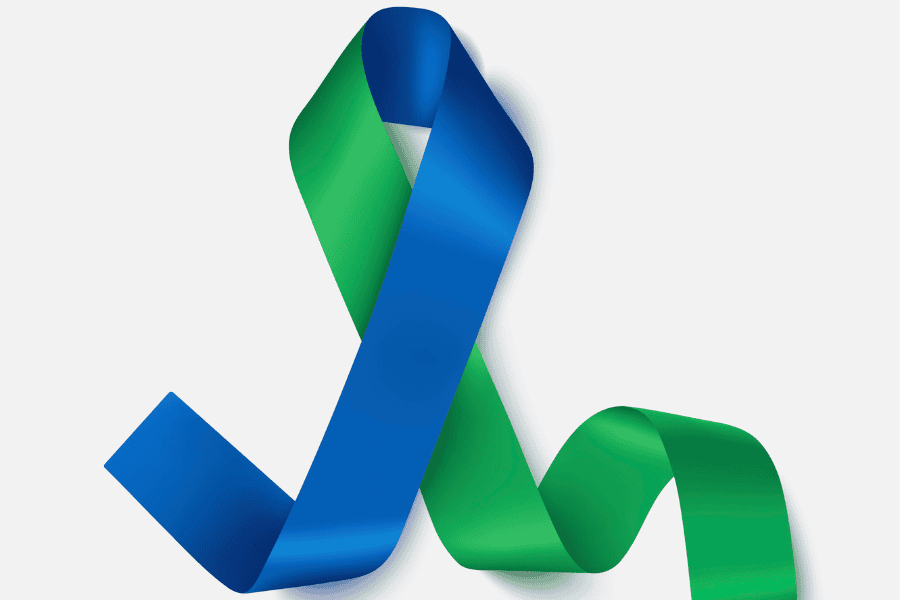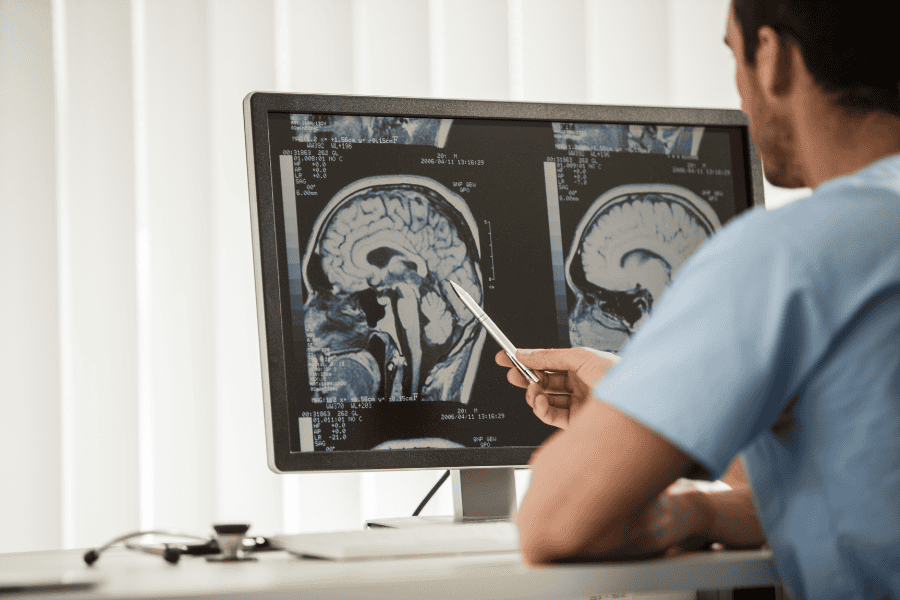 Neurofibromatosis (NF) is a set of genetic disorders that can profoundly impact an individual’s life, manifesting in many ways, from the growth of tumors along nerve pathways to learning difficulties and chronic pain. While the challenges posed by NF are formidable, the remarkable advancements in neurosurgery have emerged as a beacon of hope, offering life-changing interventions and relief for those affected.
Neurofibromatosis (NF) is a set of genetic disorders that can profoundly impact an individual’s life, manifesting in many ways, from the growth of tumors along nerve pathways to learning difficulties and chronic pain. While the challenges posed by NF are formidable, the remarkable advancements in neurosurgery have emerged as a beacon of hope, offering life-changing interventions and relief for those affected.
As we observe Neurofibromatosis Awareness Month this May, Orlando Neurosurgery offers more information on this complex condition, fostering understanding, empathy, and support for individuals and families navigating its realities.
By raising awareness, we amplify the voices of those touched by NF and ignite a collective commitment to driving research, refining treatment avenues, and bolstering support networks.
What is Neurofibromatosis
 Neurofibromatosis (NF) is a genetic disorder primarily affecting the skin, nervous system, and other body systems. It causes tumors to grow along nerves. Neurofibromatosis encompasses three distinct types: NF1, NF2, and Schwannomatosis, each with its challenges and symptoms.
Neurofibromatosis (NF) is a genetic disorder primarily affecting the skin, nervous system, and other body systems. It causes tumors to grow along nerves. Neurofibromatosis encompasses three distinct types: NF1, NF2, and Schwannomatosis, each with its challenges and symptoms.
Causes of Neurofibromatosis
NF1, the most common, typically presents in childhood with signs like café-au-lait spots and learning difficulties. While many people with NF1 inherit the gene causing the condition, between 30% and 50% of cases arise from spontaneous genetic mutations in the NF1 gene.
This highlights the complexity and variability in the development of neurofibromatosis.
NF2 is less common and often involves hearing loss due to tumors on the auditory nerves. Schwannomatosis, the rarest type, causes intense pain.
The Role of Neurosurgery in Managing NF
Neurosurgery stands at the forefront of the battle against NF, offering critical interventions that can significantly alter the disease’s trajectory for many patients. Surgical techniques aimed at tumor removal are most beneficial, especially when tumors press on vital structures or cause significant symptoms.
The precision and care exercised by neurosurgical teams have been life-changing for many with neurofibromatosis, offering relief from symptoms and improving overall quality of life. The decision to pursue surgery is made with thorough consideration, weighing potential risks against the promise of relief and recovery.
Advancements in Neurosurgery for NF
Neurosurgery for NF patients has advanced in recent years. Cutting-edge techniques and technologies, such as minimally invasive surgery and intraoperative MRI, have significantly improved the precision of tumor removal while minimizing risks.
These innovations have enhanced surgical outcomes and reduced recovery times, offering patients a quicker return to their daily lives. Each breakthrough brings us closer to more effective, less invasive treatment options, offering a glimmer of hope to those facing an NF diagnosis.
Among the most compelling narratives are those of individuals who have faced NF head-on, with neurosurgery playing a transformative role in their journeys. Many patients battle severe pain, such as migraines and vision problems due to NF1 or possibly even an NF2-related tumor.
Through skilled neurosurgical intervention, patients can regain much of their lost vision and find relief from chronic pain. Neurosurgical care helps manage symptoms and restore hope and vitality to patients’ lives.
Supporting Research and Ongoing Studies
 Neurofibromatosis type 1 (NF1) incidence and prevalence have been studied extensively. The pooled birth incidence of NF1 is estimated to be 1 in 2,662, with a prevalence of 1 in 3,164
Neurofibromatosis type 1 (NF1) incidence and prevalence have been studied extensively. The pooled birth incidence of NF1 is estimated to be 1 in 2,662, with a prevalence of 1 in 3,164
NF2, on the other hand, has a lower prevalence, with a pooled birth incidence of 1.08 per 50,000 births.
These statistics are crucial for healthcare planning and resource allocation to improve care for individuals with neurofibromatosis.
The relentless pursuit of knowledge through research and clinical trials is essential to conquering NF. Numerous studies focus on understanding the genetic underpinnings of NF, developing targeted therapies, and refining surgical techniques. Organizations like the Children’s Tumor Foundation and academic institutions worldwide are at the helm of this research, tirelessly working toward breakthroughs that could one day lead to a cure.
How to Support NF Awareness and Research
Supporting NF awareness and research is a call to action for us all. Whether contributing to NF research foundations, participating in community awareness events, or sharing information on social media, every effort counts.
Raising awareness is not just about fostering understanding but amplifying hope and solidarity with those affected by NF.
Neurofibromatosis, with its complexities and challenges, demands our attention and compassion. As we observe Neurofibromatosis Awareness Month, let’s renew our commitment to support those impacted by NF, celebrate the advancements in neurosurgery that have brought us this far, and look forward with optimism to future discoveries that will continue to improve lives.
Sign Up for Our Newsletter
Get the latest news and updates from Orlando Neurosurgery delivered straight to your inbox.


